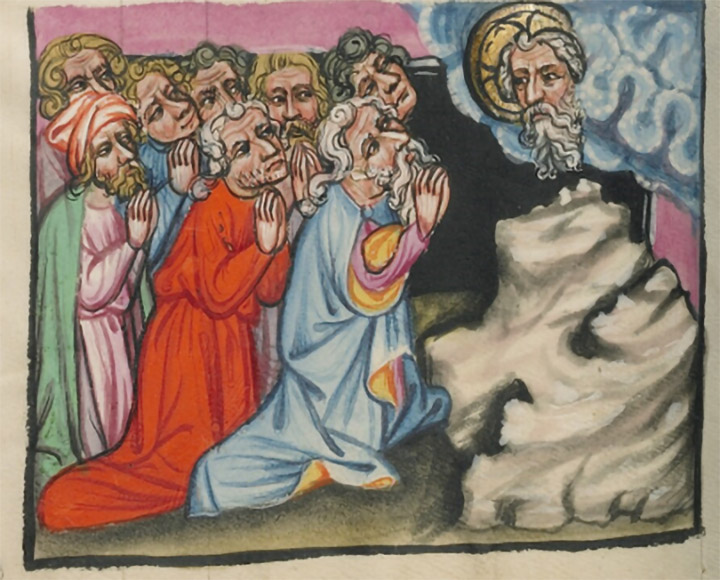In this age of computers, everyone clicks. That includes Hebrew speakers: maqliqim (מקליקים) yomam valayla “click day and night.” Hebrew’s hiqliq sounds like the English “click” since both are an imitation of the natural sound klik.* (Similar sound-imitating words exist in other languages, such as klikken in Dutch, cliquer in French, klicken in German, klik kardan in Persian, hacer clic in Spanish.) Compare to similar English sounds: clink, clack, cluck and clock (from the Latin clocca “bell”).
To click in the sense of “hit it off, become friendly upon meeting,” is a metaphorical use. Compare it to the informal Israeli phrase nafal li ha-asimon (נפל לי האסימון), “it hit me, I got it, finally understood what was going on,” literally “my (telephone) token dropped in.” Also the English-French word clique, meaning “a party, small group with a common interest,” originally meant people who “click” together.
* Probably based on the sound of a key in a lock, or latching a door bolt. Compare this with other echoic words: Hebrew’s liqqeq (ליקק) with the English “lick”; and girger (גרגר) with “gargle, gurgle.”
Yona Sabar is a professor of Hebrew and Aramaic in the department of Near Eastern Languages & Cultures at UCLA.
































